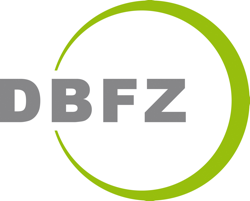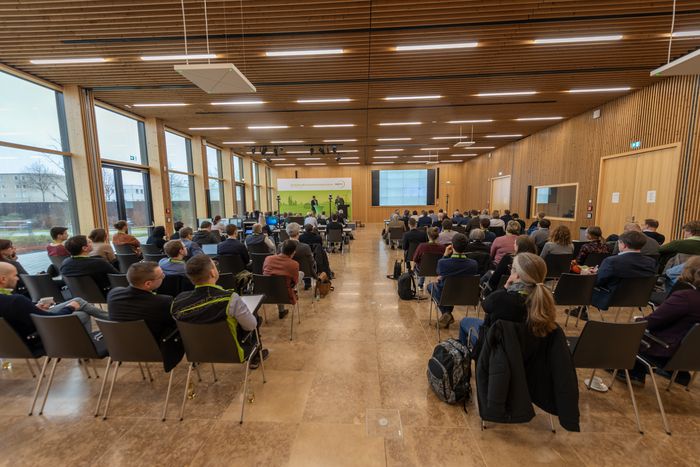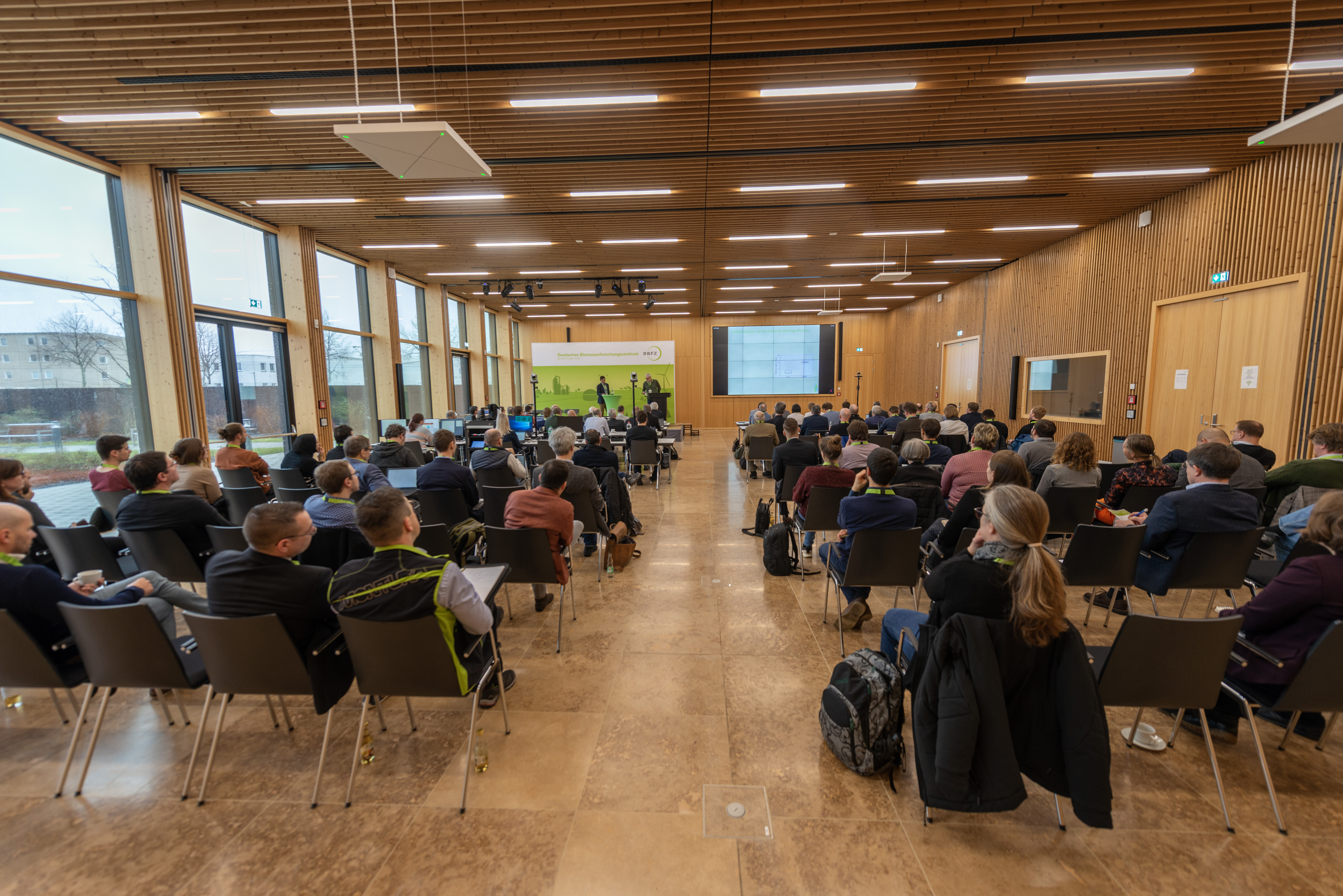Specialist symposium in Leipzig: around 100 experts discussed the topics of particulate matter, separators and measurement methods
The annual meeting on the topic of particle separators in domestic furnaces and dust measurement methods in small combustion plants took place in cooperation with the Straubing Technology and Support Centre (TFZ) on 7/8 February 2024 as a double event at the DBFZ in Leipzig. At the 15th edition of the event series, around 100 interested parties from science and industry discussed the state of the art, the challenges in terms of operation and, this time, gravimetric measurement methods as well.
The technical standard in the field of dust separators, even for small combustion capacities, is high, according to the positive conclusion of around 100 participants at this year's symposium "Particle separators in domestic furnaces" at the DBFZ in Leipzig. Against this backdrop, the event focussed less on the status quo of development and more on the intelligent combination of existing dust separators with other pollutant reduction technologies and their integration into the combustion system. Nemo Lohberger from the Institute for Biomass and Resource Efficiency at the University of Applied Sciences Northwestern Switzerland, for example, presented the initial results of the integration of electrostatic particle separators in boilers and domestic furnaces as well as the challenges involved in their implementation.
In addition to the legal framework, other presentations at the event focussed on the long-term durability of dust separators and the actual effect of installed separators on local air quality in residential areas. In his presentation on the "Papageien/Waldsiedlung Berlin" pilot project, independent consultant Dr Axel Friedrich drew attention to the still high level of pollution and over 63,000 premature deaths caused by particulate matter in Germany (EEA 2020). Soot (black carbon) in particular was identified as an emission with a high potential to harm the climate and human health. Against this backdrop, the existing systems (approx. 12 million stoves) should be retrofitted quickly, according to a specific recommendation from the participants. The effect of condensing hydrocarbons on the separator was also discussed at length. The measurement results available in this regard were presented in various presentations and categorised theoretically in detail.
The "Blue Angel" ecolabel introduced in 2019 for wood-burning stoves was the first to set requirements for emissions in terms of the number of particles. The application of these non-gravimetric methods, which were previously used in air quality monitoring and in the automotive sector, is new in this area and was discussed intensively at the 4th expert meeting "Dust measurement methods on small combustion plants" on 7 February. Other conference topics included the suitability of various measurement methods and their informative value with regard to the condition of the furnace and emissions, calibration issues and the experience gained from the first round robin test on a stove with a separator. In the field of gravimetric dust measurement methods, further development options were also discussed. As part of an industry session, exhibitors had the opportunity to present their latest developments and demonstrate them in operation as part of a measuring device show in the DBFZ's technical centre.
The 16th expert discussion "Particle separators in domestic furnaces" will take place on 12 February 2025 as a face-to-face event at the Technology and Support Centre (TFZ) in Straubing. The digital conference readers for both events are currently being prepared and will soon be available as a free download at the following link: www.dbfz.de/tagungsreader (german language)
Smart Bioenergy – innovations for a sustainable future
The DBFZ works as a central and independent thinker in the field of energy and material use of biomass on the question of how the limited available biomass resources can contribute to the existing and future energy system with sustainability and high efficiency. As part of the research the DBFZ identifies, develops, accompanies, evaluates and demonstrates the most promising fields of application for bioenergy and the especially positively outstanding examples together with partners from research, industry and public. With the scientific work of the DBFZ, the knowledge of the possibilities and limitations of energy and integrated material use of renewable raw materials in a biobased economy as a whole should be expanded and the outstanding position of the industrial location Germany in this sector permanently secured – www.dbfz.de/en.


